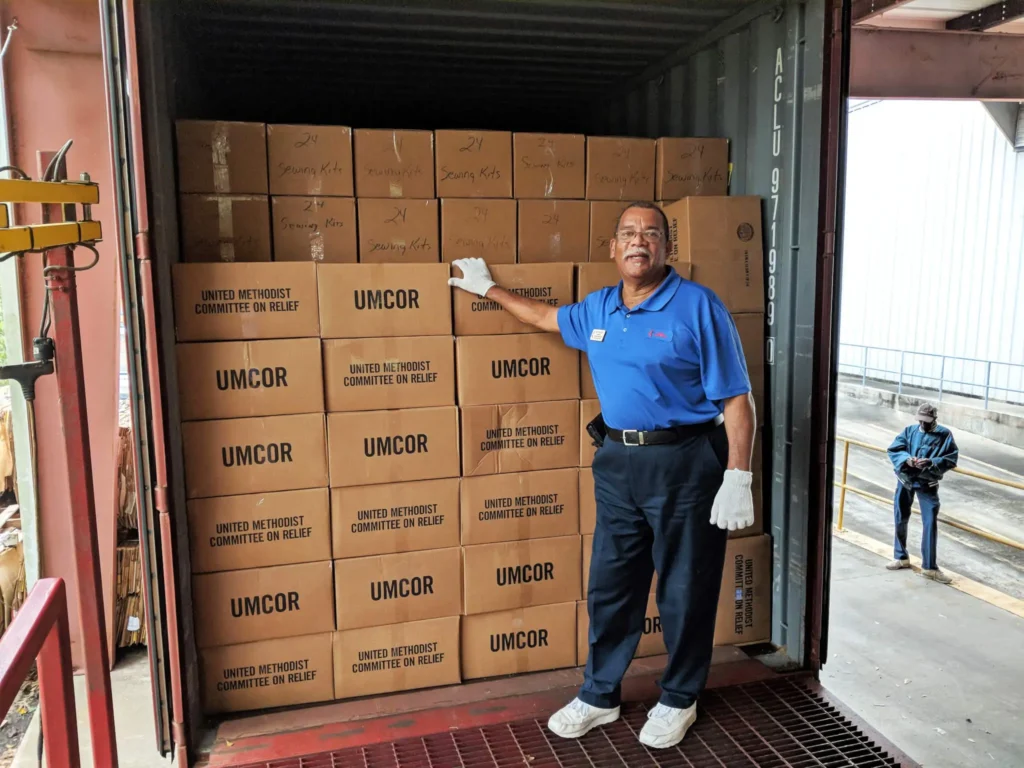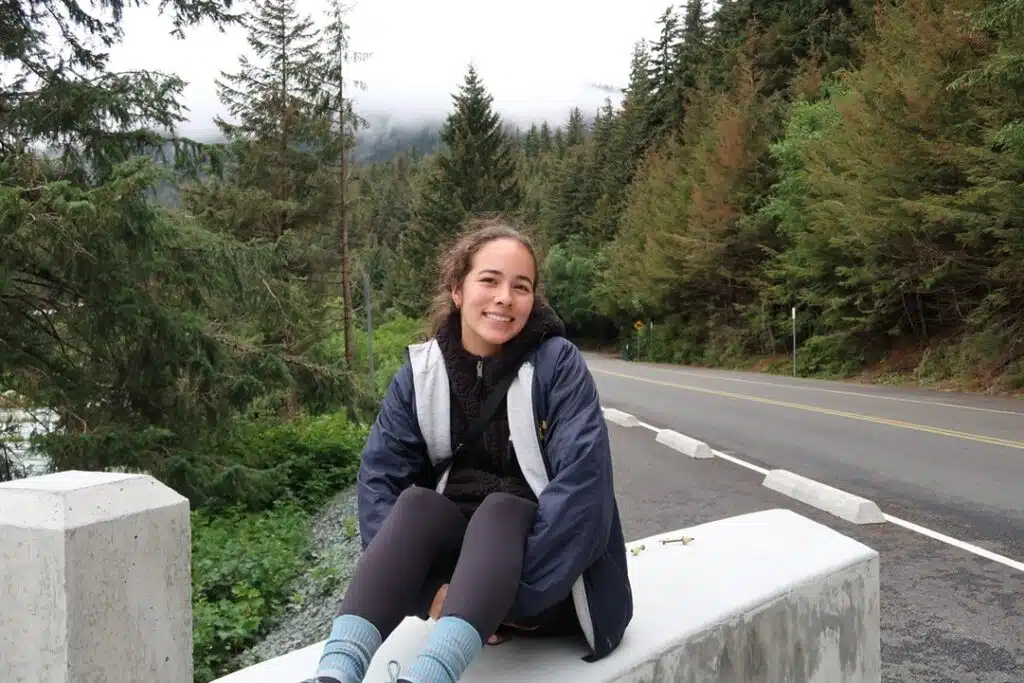A little over a year ago, tens of thousands of lives were profoundly impacted by a series of devastating earthquakes in southern Turkey. With magnitudes of 7.8 and 7.5, these quakes left a trail of destruction, reducing more than two-thirds of the Turkish city of Elbistan to rubble and triggering over a thousand aftershocks in neighboring Syria, leading to the collapse of numerous buildings.
Thirteen months later, our charity partner United Methodist Committee on Relief International (UMCOR) remains steadfast on the ground, actively engaged in the critical work of aiding Turkey and Syria in rebuilding their cities and communities.
The process of restoring these cities to their former state after such a natural disaster is inherently lengthy and complex, especially when you add severe weather and disease outbreaks to this equation. Many impacted families have no choice but to live in tents and are still in need of basic supplies and support. UMCOR has continued to provide essential assistance to those whose lives are still deeply impacted by these earthquakes, like mobile health centers and solar lanterns.
The following article was originally written by UMCOR and published on their website. It is reposted and edited with permission from the organization. To view the article directly, click here.
When a 7.8 magnitude earthquake struck southern Turkey in the early hours of Feb. 6, 2023, it precipitated the loss of tens of thousands of lives. At least 78 aftershocks were reported, and only nine hours later, a second 7.5 magnitude earthquake struck.
One of the places that was hit twice was Elbistan. After the devastation of both quakes, more than two thirds of the Turkish city disappeared under rubble.
The United Methodist Committee on Relief (UMCOR) quickly coordinated with longtime on-the-ground partner International Blue Crescent (IBC) to offer immediate aid. A community center was established in what remained of Elbistan and used as a distribution hub for essential items like tents, heaters, blankets, warm clothes, ready to eat meals and first aid kits. UMCOR funded a mobile health center to treat those who were both physically and psychologically in need of care.
The earthquakes heavily impacted neighboring Syria as well, where the 15 million people who depend on humanitarian assistance were already battling hardships like severe winter weather and cholera outbreaks. More than a thousand aftershocks were reported, and the collapse of structurally unsound buildings was ongoing. In partnership with International Orthodox Christian Charities (IOCC), another Global Impact Charity Alliance member, UMCOR helped fund a community center in Nazas to support hundreds of families with hygiene kits and food and continues to coordinate rental assistance for those still without homes.
After the initial shock of the earthquakes faded, very real dangers remained. Many displaced people had no choice but to continue living in tents. And in the absence of electricity, open flames or kerosene lanterns were used for a light source. In partnership with IBC, UMCOR provided 3,960 solar lanterns so that families in Turkey could still have light, but safely. The lanterns also charged cell phones so that survivors could remain connected and in communication with loved ones.
Rebuilding after a disaster is a long and ongoing process, not only for the physical infrastructure that supports a community’s existence, but for the emotional wellbeing that allows a community to thrive. To help Syrian families cope with the distress of living through a disaster and create safe spaces for growth and resiliency, IOCC is offering mental health and psychosocial support sessions for both adults and children.




